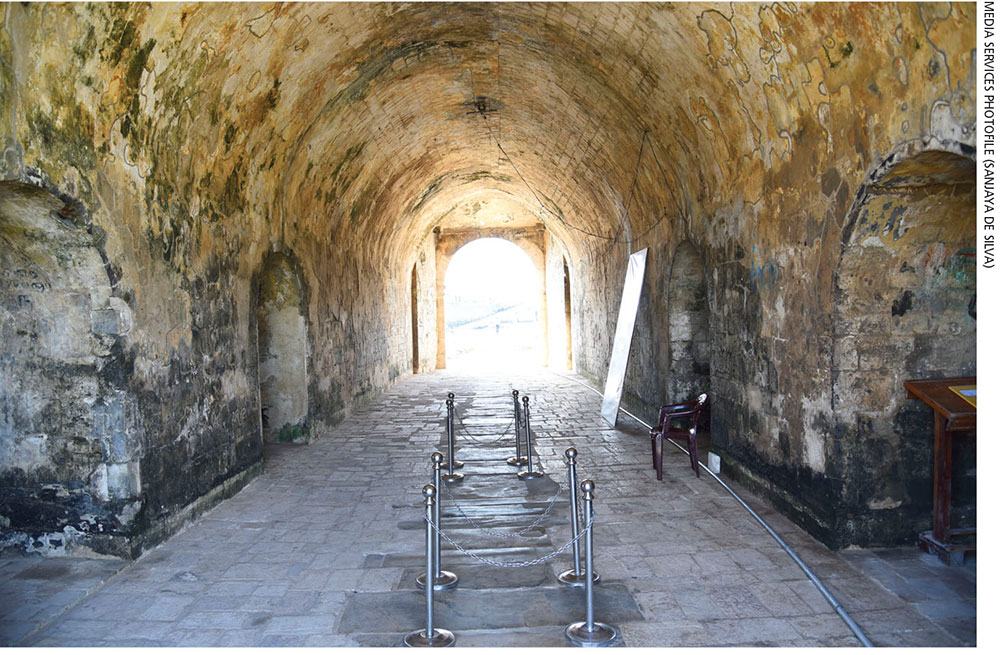PROVINCIAL COUNCILS
International reports have recognised recent gains in Sri Lanka’s democratic and economic landscape. The Global State of Democracy Indices recorded that Sri Lanka jumped 15 places this year, reflecting improvements in elected government, press freedom and civic engagement.

POWER SHARING PATHWAYS
Dr. Jehan Perera urges the government to engage in consultative processes

The World Bank has also commended the country’s rapid economic stabilisation.
These are achievements to take satisfaction in. However, while economic stability and improvements in freedoms create opportunities, unless the ‘ethnic question’ is dealt with at its roots, Sri Lanka will remain a divided society; it will be unable to gather all its strength to make use of development prospects and always be vulnerable to a relapse.
By all accounts, the government seems to be taking its mandate for system change seriously. This may be why it’s reluctant to consult with others outside its own group, seeing that many of them are either failures or tainted by the past.
Decisions appear to be made following internal discussions, giving the impression of a unilateral and top-down style of governance. Overall, the country stands at a moment of transition.
The incumbent administration was swept into power with a strong mandate for change and it needs to use this window of opportunity to deliver justice and reconciliation.
Resolving the ethnic conflict may be counted as being among the government’s top three priorities.
The first is to revive the economy and improve people’s living standards; the second is to end impunity, corruption and mismanagement of resources; and the third priority is to overcome the sense of neglect and second-class treatment that’s been afforded to the residents of the Northern and Eastern Provinces for far too long.
Communities living in the north and east have endured displacement, militarisation and poverty for years. And it’s in this context that the right to decide the future of their lands and livelihoods is being sought today, as it had been pursued for the past seven decades.
Recent announcements of new investments in fisheries, infrastructure and higher education in the north and east suggest that the government is focussed on economic development being a key to ethnic harmony.
These projects will help improve livelihoods in a region that has lagged behind for decades. Any initiatives that create employment and wealth are likely to be embraced by Sri Lankans, irrespective of where they reside in the island.
But history shows that development alone has never been enough to address the grievances of the Tamil people of the north and east. Political inclusion and justice are vital too.
One manner of inclusion would be to appoint Tamil and Muslim officers to senior posts in those provinces, as this will illustrate respect for local leadership.
It will also provide credibility to the idea that people of the north and east can be their own decision makers – rather than having decisions imposed on them by those far away and from different backgrounds. The government should consult Tamils and Muslims through their elected representatives, and directly as well.
The importance of provincial councils is that they represent a second tier of government closer to the people. Many services are carried out under their political supervision; and when they function efficiently, they give communities a tangible stake in governance.
Their significance is even greater in the context of ethnic relations. In provinces where there’s a concentration of minority communities, provincial councils provide a platform for Tamil and Muslim parties to exercise authority, air grievances and shape policies through dialogue and negotiation with the central government.
Provincial councils have been criticised for their inefficiency and misuse of resources. But they are a constitutional mechanism through which minority voices can be represented at a sub-national level. To delay this process is to deny the pressing need for shared governance.
If Sri Lanka is to move beyond its painful past, it must embrace power sharing not as a concession but as the path to unity.
System change should mean changing the way decisions are made, which entails shifting from command to consultation, from exclusion to inclusion and from centralisation to devolution. This is what will give meaning to the peace we have today and ensure it is shared by all communities.





